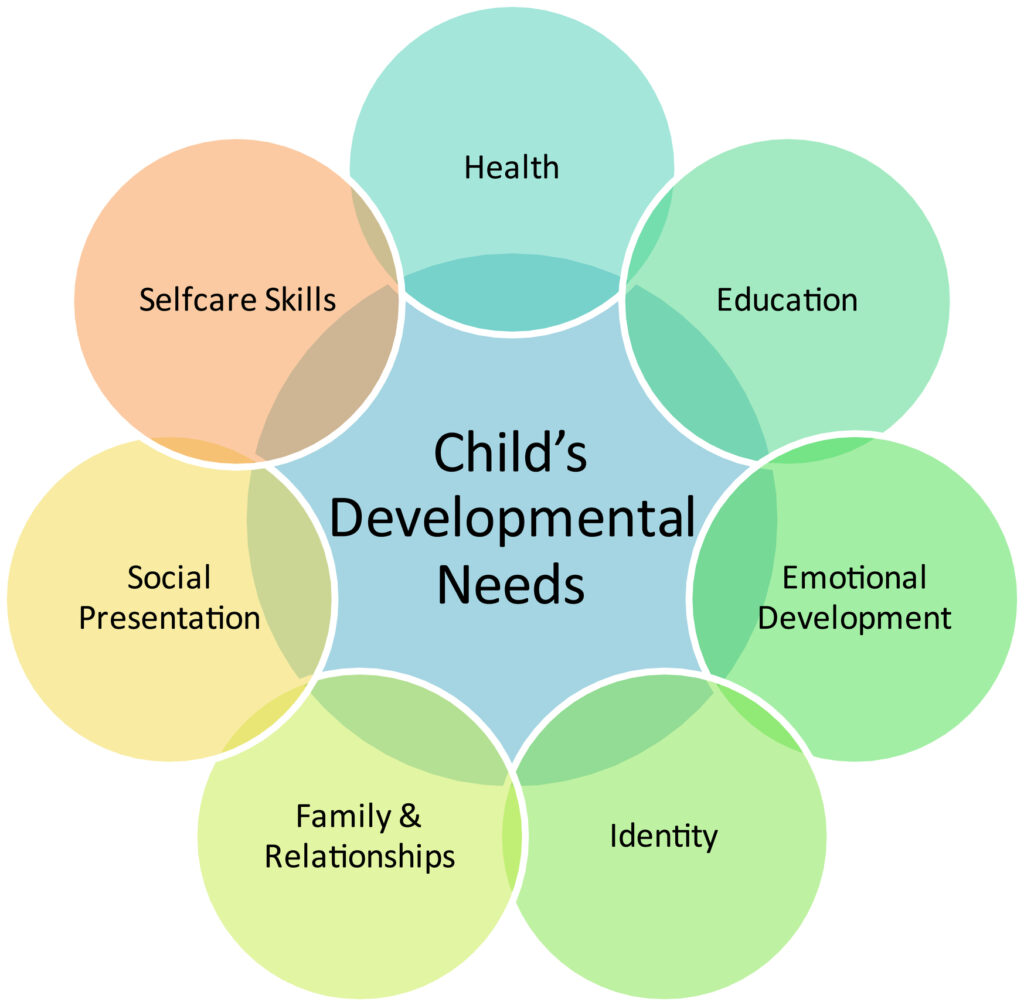In 2019, a national estimate of 1,840 children died at the hand of abuse and neglect. That’s 2.5 children per 100,000 in the population. If the trend continues as it has over the last five years, the number of child deaths from abuse will have increased in 2020. Add in the stressors of a global pandemic that included stay-at-home orders, and it’s almost certain the increase was exponential.
These kind of statistics are hard to swallow. It would be much easier to ignore harsh realities, but then nothing would change. They say sunlight is the best disinfectant, and that’s why April is National Child Abuse Prevention Month. A time set aside to recognize the importance of communities working together to strengthen families to prevent child abuse and neglect.
Abuse: “the use of something for the wrong purpose that is harmful or morally wrong.”

In the simplest terms, abuse perverts the original intent and design of humans. Children are made to be cherished, cared for, guided, and loved. When abuse enters the scene, it teaches the child the opposite. It confuses their sense of self and purpose; manipulating them to believe they are only made to be used, mistreated, oppressed, and even hated. In short, any form of mistreatment strips youth of their developmental needs and this distortion of creation is an abomination to the Creator.
Unfortunately, whether we realize it or not, most of us are acquainted with the effects of child abuse. According to the CDC, at least 1 in 7 children experienced child abuse and/or neglect in the past year. Whether you were a victim or you know someone who was, abuse permeates every sector of our culture and hides in plain sight.
“The true character of a society is revealed in how it treats its children.”
-Nelson Mandela
I believe that our society can do better. We must do better. The good news is the more we are aware of injustice and abuse in our culture, the better we can equip ourselves to fight it.
The truth is parenting is hard. The physical, mental, emotional, and spiritual stressors that come with raising another human is real and pervasive. Sugar-coating the difficulties parents endure is neither helpful nor productive. How are we to ask families to protect their children when we, as a society, don’t give parents the support needed in that process?
Research shows that the best child abuse prevention measures include strong support systems for parents. In fact, cases of child abuse and neglect decrease when communities come together to share positive parenting tips, give space for vulnerability and access to healthy child development education. Providing wrap-around economic support to families also leads to less stress in the home and limits events of mistreatment. When people know they have support from their community, they are more likely to ask for help and begin to thrive in their roles as parents and spouses.
It takes a village…
An old African proverb says, “It takes a village to raise a child.” The ACTS team commits itself to being that village for the families around us. If you’re a parent, we encourage you to find a support system in your area. Seek out resources that will help you learn how to love children well. If you’re someone who works with or around children, dedicate yourself to knowing the signs of abuse and neglect. We can all do better. May we work together to attune ourselves to the realities of abuse, educate one another to notice the signs, and equip our communities to support parents and protect children.
I hope this shed a little sunlight on this very dark issue. Above all, I pray that we take it upon ourselves to become safe people for those hurting.

For more resources on building a safe community for families and children, follow us on Instagram!


